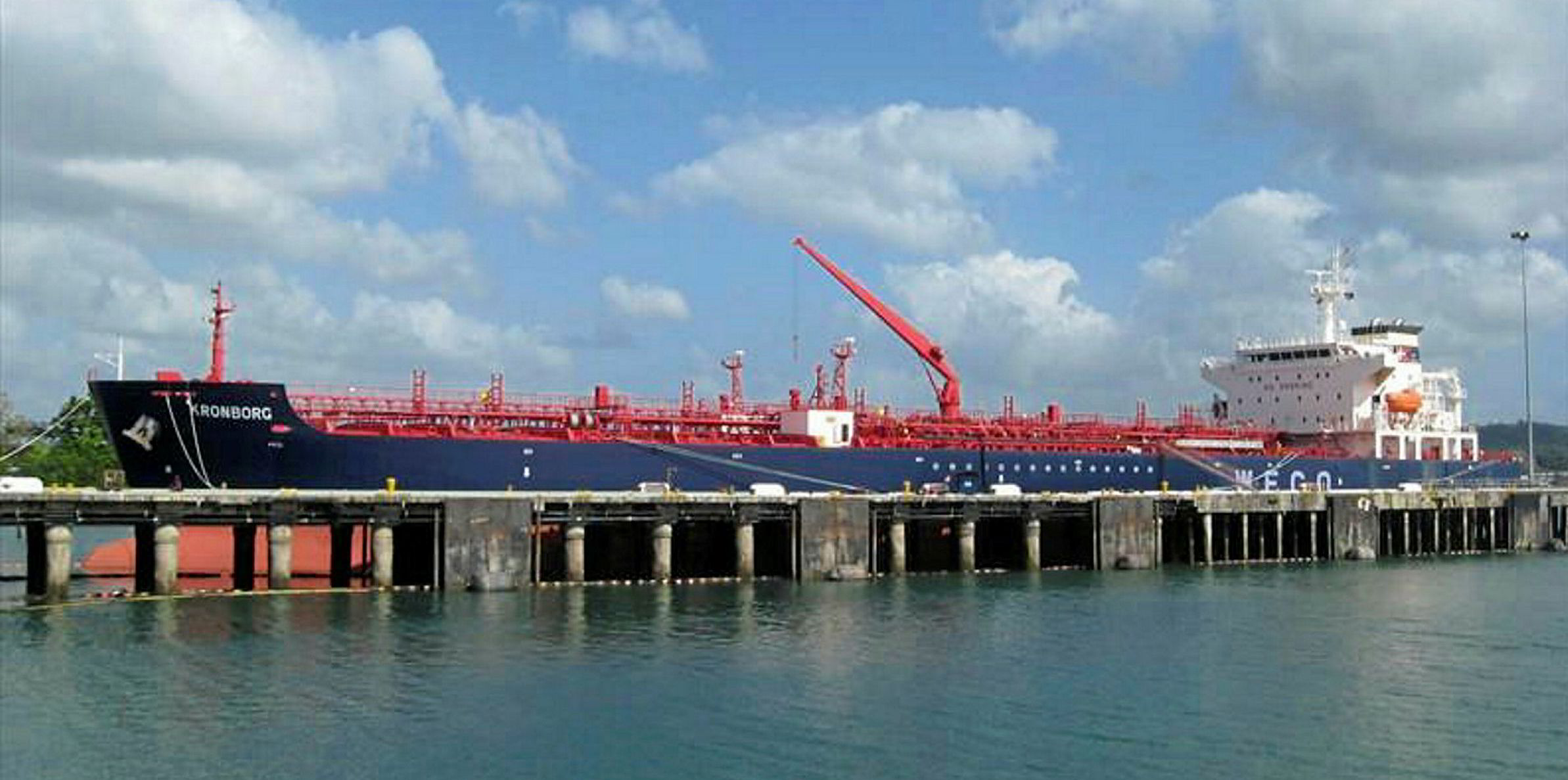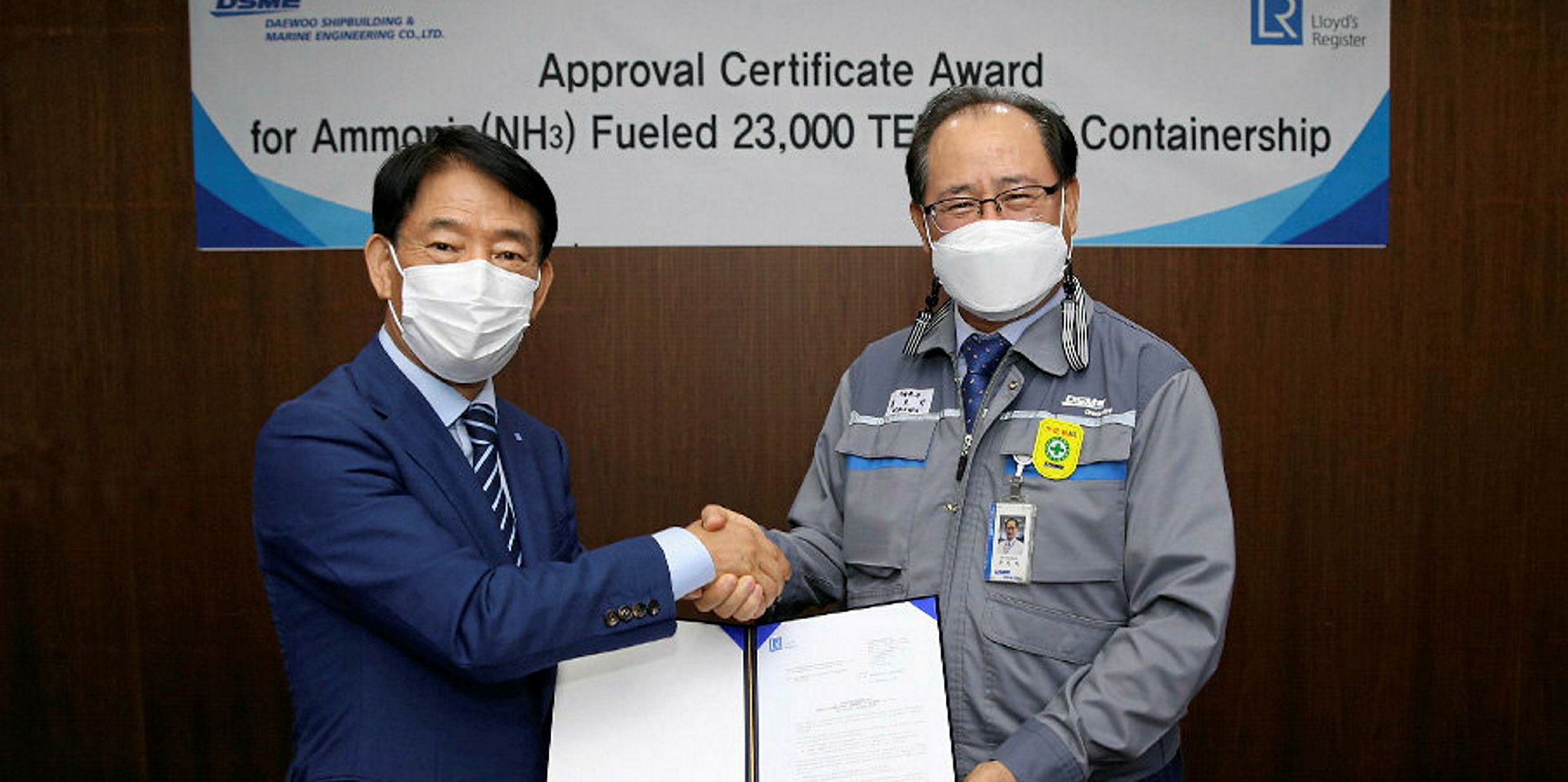Shipowners organisation Bimco has urged tanker owners to be ready for new rules on the carriage of hazardous cargoes next year.
The International Maritime Organization has amended the International Bulk Chemical Code (IBC Code) covering the bulk transport of dangerous chemicals, with changed regulations coming into force on 1 January.
This will mean new certificates of fitness must be on board by that date for companies operating in the chemical and vegetable oils trades.
"It is recommended that ships replace existing certificates as soon as possible, to make sure the vessels are operational," Bimco senior marine technical officer Peter Lundahl Rasmussen said.
The changes were agreed last year in response to years of extensive pollution of the coastlines in Northern Europe as a result of cleaning residues after the transport of vegoils and waxes, so-called "persistent floaters".
Rasmussen said the new rules are "very comprehensive".
The classification of substances has been "harmonised", so that those assessed before and after 2004 are now using the same criteria, he added.
"The classification societies have of course been aware of this task since the amendment to the IBC Code was adopted and they have duly informed their members," Rasmussen said.
When a vessel carries a cargo deemed toxic, an instrument for vapour detection must be on board.

A "category X" substance under the International Convention for the Prevention of Pollution from Ships (Marpol) will require "high attention", and will always require a pre-wash before the vessel leaves the port of unloading, Bimco said.
"Many toxic cargoes will also have higher requirements to stowage and segregation from oil fuel tanks, as well as requirements to cargo tank relief-valve settings, than non-toxic cargoes," Rasmussen added.
More toxic cargoes on the list
Shipowners also need to beware that some cargoes exempt from the IBC Code may fall into Marpol's "category Z". The discharge of tank washings will then be governed by Marpol Annex II.
About 50 cargoes will move up a category in terms of carriage requirements, while some substances will now be included in the code for the first time. In addition, more than 220 cargoes will be added to the toxic column.
But 35 substances are being downgraded.
Owners could also face a lack of pre-wash shore reception facilities in ports where it is necessary to perform the wash after unloading the persistent floaters, Rasmussen warned.
Marpol Annex II may exempt owners from pre-washes when the unloaded tank is to be reloaded with the same substance.
But Rasmussen said: "It might, however, prove difficult to find an authorised surveyor to grant the exemption from the mandatory pre-wash, as this is a new situation."
Bimco has an updated list of new cargo categories.







